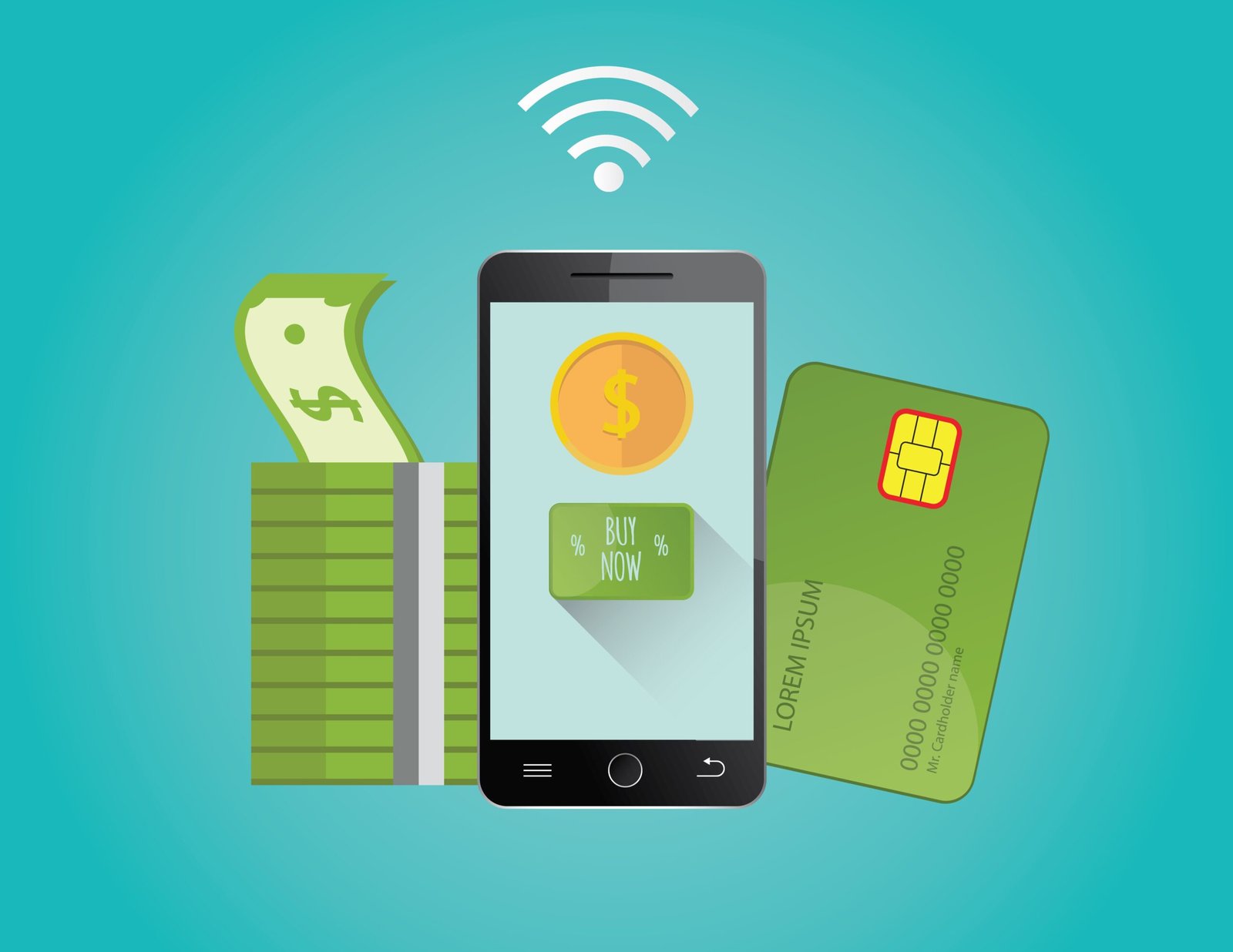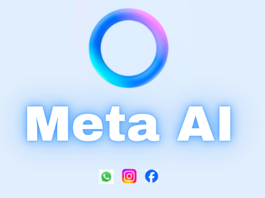Google Play Store is evolving, offering developers and users enhanced flexibility and control over app purchases and subscriptions. This strategic shift is particularly evident with the implementation of Google’s User Choice Billing System, which allows app developers, such as Spotify, to incorporate alternative payment systems. This development reduces the fees paid to Google, aligning with similar moves by tech giants like Apple in specific markets.
What Changes to Expect
One of the significant updates is the adaptation of policies to support user convenience and developer needs. Apps targeting the latest Android API levels will now manage subscription models directly through new API mandates, ensuring a more streamlined, user-friendly subscription handling that benefits both developers and consumers.
Expanded Payment Options
In a notable move to decentralize the app marketplace, Google will allow developers to implement alternative billing systems for in-app purchases. This change, set to last for at least five years, prohibits Google from mandating that the best prices be exclusively through Google Play billing. Developers can now offer discounts and promote alternative billing systems directly within their apps, enhancing transparency for users regarding potential savings on digital purchases.
Implications for Developers and Users
This policy update is part of Google’s broader initiative to foster a more flexible and open app ecosystem. By allowing alternative billing options, Google is not only complying with growing regulatory pressures but also enhancing consumer choice and developer autonomy. This move could potentially lead to lower costs for consumers as developers might pass on the savings from reduced commission fees.
The Google Play Store’s new policies signify a pivotal move towards a more adaptable and user-centric platform. As these changes roll out, they promise to enhance how users interact with their favorite apps and how developers monetize their offerings, marking a significant step forward in the digital marketplace.







